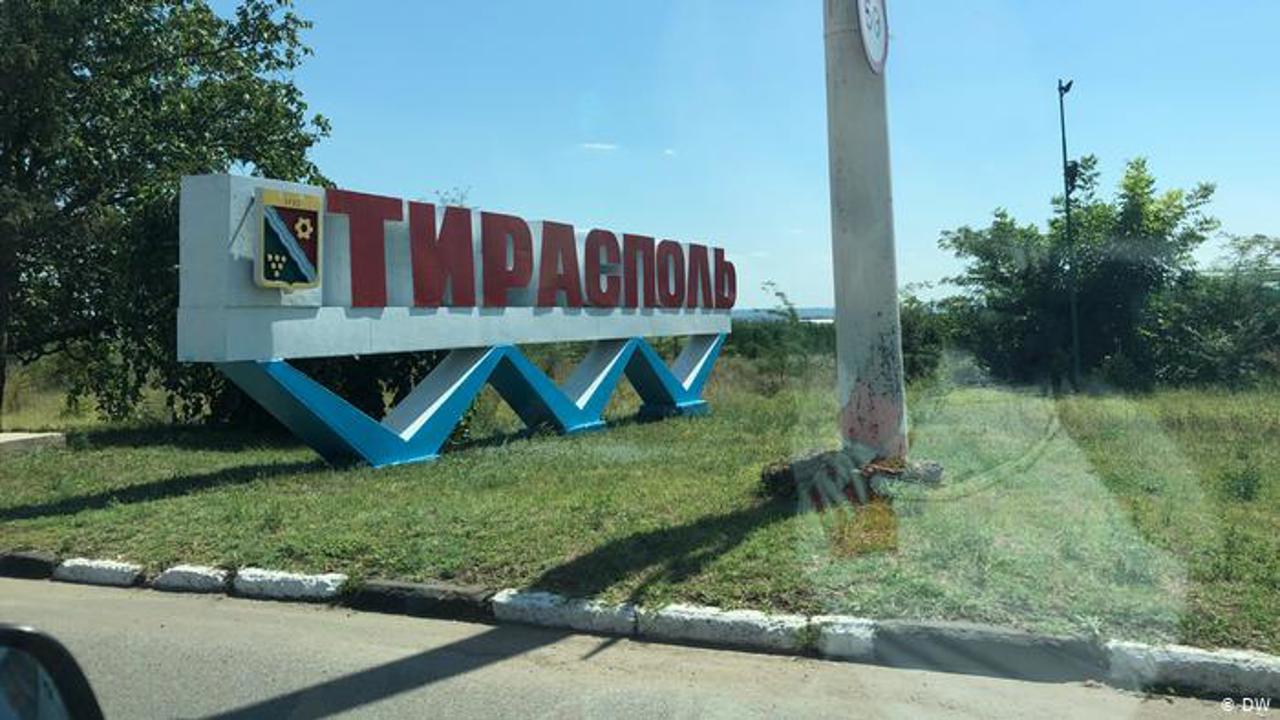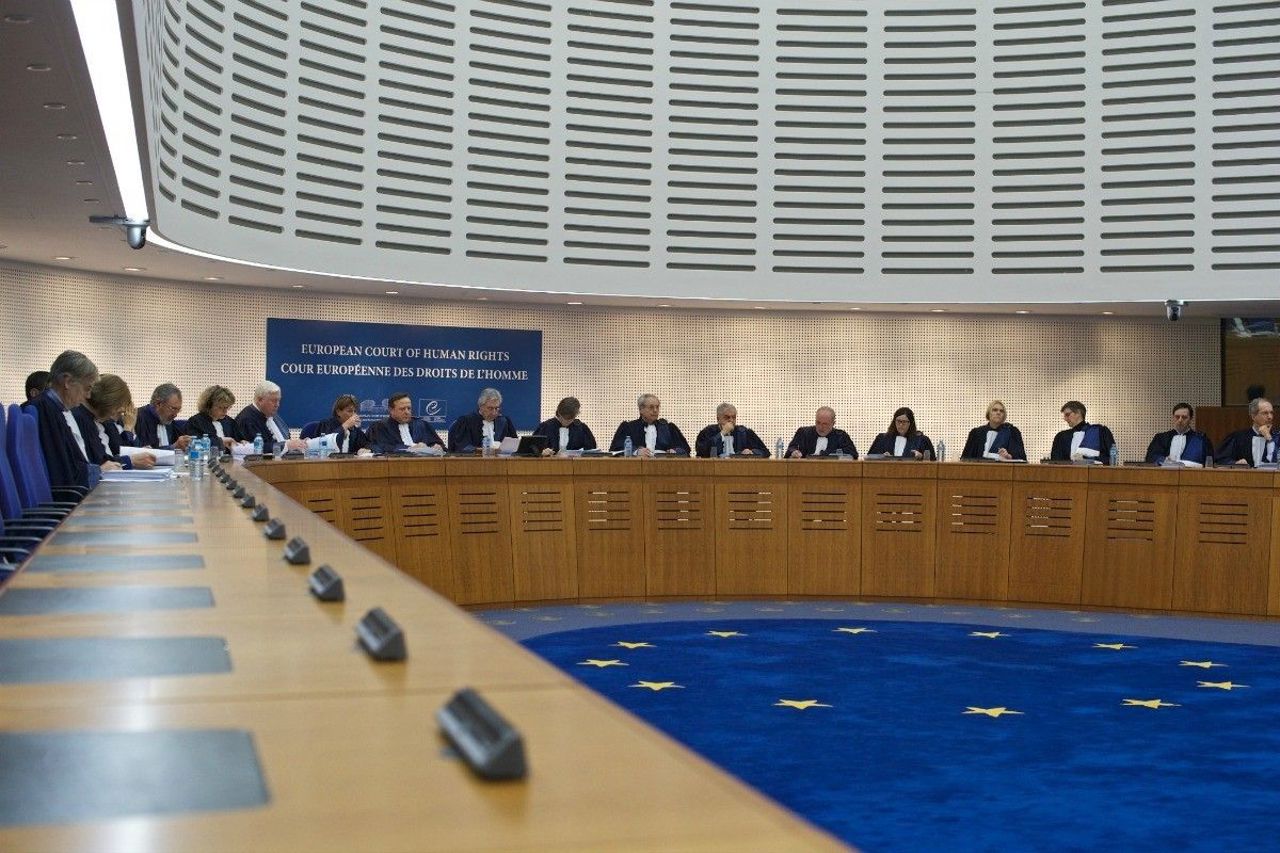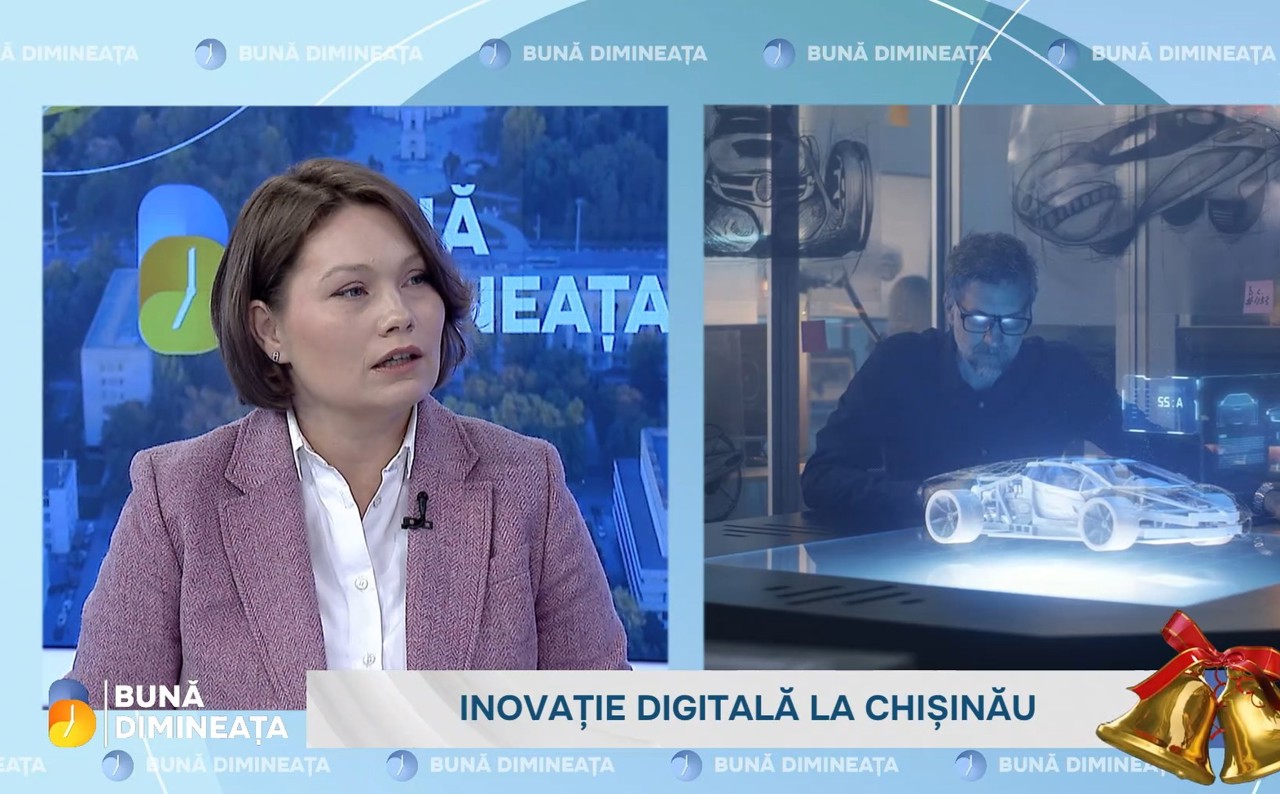European Integration and Reintegration: Insights from Vice Prime Minister Serebrian
Reintegrating the Transnistrian Region hinges on the progress of European integration and the pace of our country's accession to the European bloc, according to Vice Prime Minister for Reintegration, Oleg Serebrian, during an interview on Moldova 1's "In Context" program.

The official contends that if the Republic of Moldova successfully navigates the European integration process, and Chisinau diligently facilitates this endeavour, then the pace of the reintegration process will vary accordingly.
"Primarily, the economic sphere, as previously mentioned, will be our starting point. However, this does not imply that the reintegration process will somehow adversely affect European integration. Indeed, the speed of European integration will impact the Transnistrian settlement process, but not vice versa. The pace of the Transnistrian settlement process will not impede our integration dynamics or dialogue with Brussels," stated Serebrian.
A year ago, Vice Prime Minister for Reintegration, Oleg Serebrian, disclosed that the authorities in Chisinau were formulating a new plan for reintegrating the Transnistrian region. He underscored the importance of Romania and the European Union in amplifying their roles in the negotiation process, given the European aspirations of the Republic of Moldova. At that time, Serebrian highlighted that over the past three decades, there have been at least 14 unsuccessful plans or strategies for reintegration.
The authorities in Chisinau have already commenced fulfilling the initial objectives of the reintegration plan, particularly by reincorporating the region into the constitutional framework of the Republic of Moldova through economic reintegration. Since January 1st of the current year, economic entities from the Transnistrian region have been subject to the same customs duties as those on the right bank of the Dniester.
Translation by Iurie Tataru





